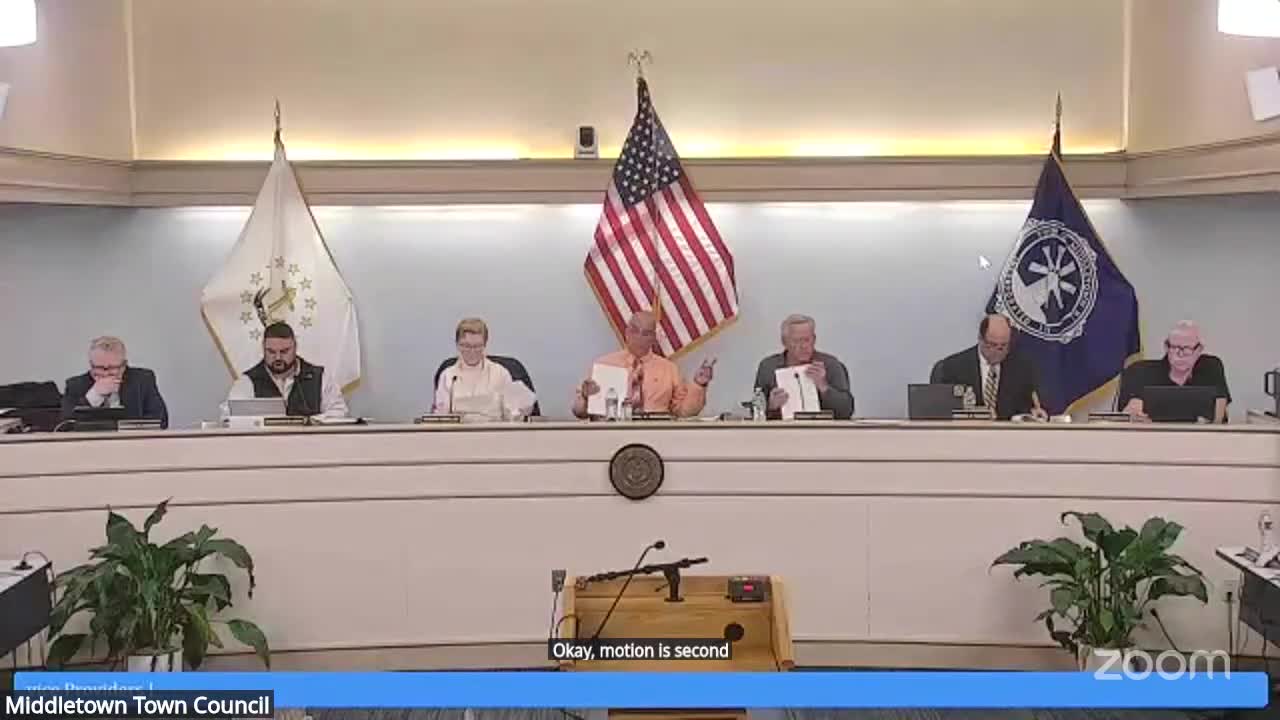Council receives first reading to align residential tax exemption with short‑term rental rules
Get AI-powered insights, summaries, and transcripts
Subscribe
Summary
Councilors received on first reading an ordinance amendment intended to harmonize the town’s two‑tier residential tax classification with recent short‑term rental rules; debate focused on grandfathered STRs and owner‑occupied definitions.
The Town Council took up a proposed amendment to the town code that would align the residential tax exemption language with the town’s short‑term rental (STR) ordinance. The amendment was received on its first reading after discussion among councilors and staff.
The change is intended to remove a conflict between the two ordinances: the tax code previously referenced a specific bedroom count for eligibility, while the short‑term rental ordinance defines allowable short‑term rentals by the number of occupants (no more than six) and owner‑occupation requirements. Town staff said the draft revision would conform the tax ordinance to the STR definitions so that a primary‑residence owner who occupies the dwelling while renting bedrooms to short‑term guests would remain eligible for the owner‑occupied tax rate provided they do not rent to more than six short‑term occupants.
Council discussion focused on several edge cases. Councilor Dennis said he feared the change could reduce incentives for property owners to move from short‑term rentals to long‑term rentals; staff and other councilors replied the enabling purpose of the two‑tier program was to encourage long‑term rentals, not to preserve investor‑owned STRs. “The intent was to incentivize long term rental use of rental units,” staff said. Councilors also discussed grandfathered STRs — properties permitted to operate under an earlier ordinance — and whether owners of grandfathered STRs should retain tax benefits if they never occupy the property.
The ordinance was received on its first reading and will return for a second reading. Staff asked councilors to submit suggested edits before the next meeting; councilors indicated they would consider whether further changes or targeted carve‑outs for grandfathered properties were necessary.
